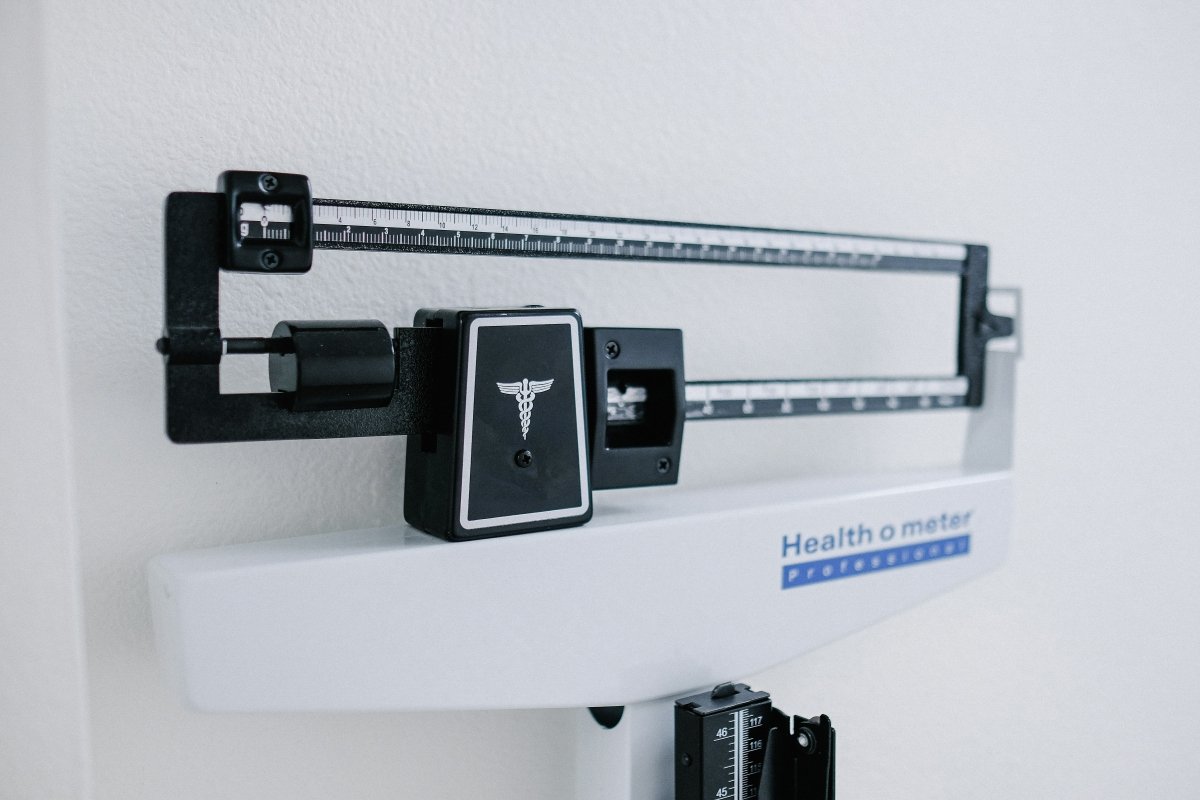Folate; the baby boosting B vitamin has a much more active role in the body than you might think.
Part of the vitamin B family, B vitamins are water soluble vitamins and they play an essential role in cell metabolism.
What is folate?
Folate, also known as vitamin B9, is needed to produce healthy blood cells and it helps to form DNA. It is especially important during childhood, puberty, pregnancy. In these important growth stages you’ll want to look after your folate levels as deficiency can lead to complications.
It’s a water-soluble vitamin, meaning that it dissolves in the body and doesn’t get stored in your fat cells. You lose folate when you’re sweating or urinating, so you might need more B9 after an intense workout.
Because your body does not store a folate reserve, you want to keep your B9 topped up through your diet constantly. Some people with restrictive diets could consider supplements. The recommended intake is 400 mcg a day.
What happens during folate deficiency?
You might start feeling fatigued, irritable and weak. It can also lead to growth problems.
It’s less common, but a deficiency can also lead to anemia, a condition in which you don’t have enough red blood cells. These red blood cells carry oxygen from your lungs to the rest of your body. Symptoms of anemia are: feeling fatigued or weak, having pale skin, shortness of breath and headaches.
What are the causes of folate deficiency?
It can be caused by your diet if you’re eating very little fruits and vegetables you can miss out on the recommended amount of folate. Citrus juices and green leafy vegetables are an excellent source of folate, as well as beans and asparagus. Around 30 grams of leafy greens for example, will provide your body with 58 mcg of folate.
Another cause is drinking a lot of alcohol. Since vitamin B-9 is a water-soluble vitamin, it needs water to dissolve in. Alcohol can disrupt the absorption of folate.
Folate deficiency can also be caused by genetics. The body converts folate to its usable form, methylfolate, sometimes genetics can hinder this process. Taking a supplement in the active form could be a way around this, taking methylfolate can make sure your body receives the needed amount of folate in a usable way. A genetic test would have to be done to see how your body processes folate.
Lastly, there are certain medications and diseases that can affect the folate absorption, which is why it’s also important to inform yourself about side effects of medications and diseases.
Why is it extra important for pregnant women?
A deficiency is extra risky if you’re pregnant, it can lead to birth defects as folate is essential for the growth of the fetus.
The recommended intake of folate is 400 mcg per day. However, when you’re pregnant you should aim for 600 mcg per day, which is why supplements are often recommended. While breastfeeding the recommended intake is 500 mcg per day. This is why it’s important to keep a close eye on your folate intake during and after pregnancy.





Share:
Everything You Need to Know About Vitamin B12
Lactose intolerance: The good, the bad and the yummy.